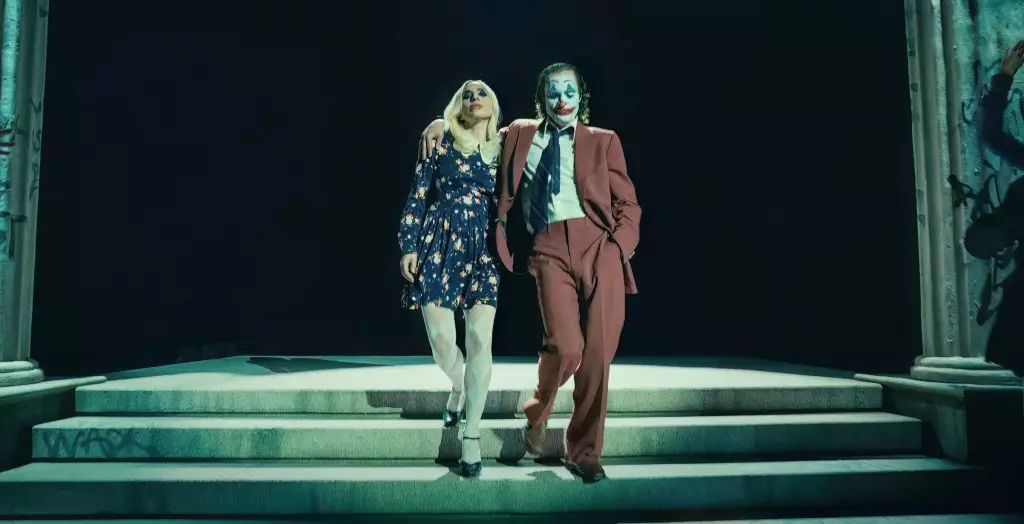Since its release, *Joker: Folie à Deux* has ignited heated discussions among audiences and critics alike. The film, which serves as a sequel to the 2019 blockbuster *Joker*, was initially anticipated to replicate its predecessor’s immense success. However, the reactions from both viewers and involved parties suggest that *Folie à Deux* has veered into controversial territory. A notable voice in the discourse is comedian Tim Dillon, who reflected on his brief role in the film and didn’t hold back in his criticism. He referred to it as “the worst film ever made” during a podcast appearance, drawing attention to the stark contrast between the two films.
By examining Dillon’s comments, a significant point of contention arises: the film’s shift from a dark and gritty exploration of mental health towards a more whimsical and surreal interpretation of the Joker narrative. Dillon posits that after the original *Joker* garnered a following that included less-than-desirable audiences, creators may have sought to counteract this response by embracing an entirely different tone. This led to peculiar sequences, including musical numbers featuring Joaquin Phoenix and Lady Gaga that Dillon believes take the film into absurdity. The film’s lack of a coherent plot, as noted by Dillon, may alienate viewers seeking a deep and engaging storyline.
In stark contrast to its predecessor’s spectacular success, *Folie à Deux* has struggled at the box office, grossing merely $204 million globally compared to the first film’s $1.078 billion. This disappointing performance might suggest a disconnect between marketing expectations and audience desires. Critics point toward the eclectic mix of genres and the lack of narrative as potential culprits in this downturn. Dillon and others associated with the production have also voiced concerns that current audiences may not find the film “hate-watchable,” an indication of its unappealing nature.
While Dillon’s critique reflects a broader dissatisfaction, it is necessary to acknowledge the mixed responses from other influential figures in the film industry. Directors like Quentin Tarantino have openly praised *Folie à Deux*, suggesting that Todd Phillips’s bold artistic vision is an audacious statement against Hollywood norms. Tarantino’s support highlights a divide in perception; while some see a failure in storytelling, others wax poetic about creative risks that challenge audience expectations.
As *Joker: Folie à Deux* continues its theatrical run, its legacy remains uncertain. Some predict it may cultivate a niche audience over time, potentially evolving into a cult classic, as noted by video game creator Hideo Kojima. The diverse spectrum of opinions reinforces the notion that cinema—especially a work as unique and divisive as this—can never be easily categorized. Whether it will be remembered as a masterpiece or a misguided venture remains to be seen, leaving viewers pondering the complex interplay between artistic intent, audience reception, and societal commentary in contemporary cinema.


Leave a Reply